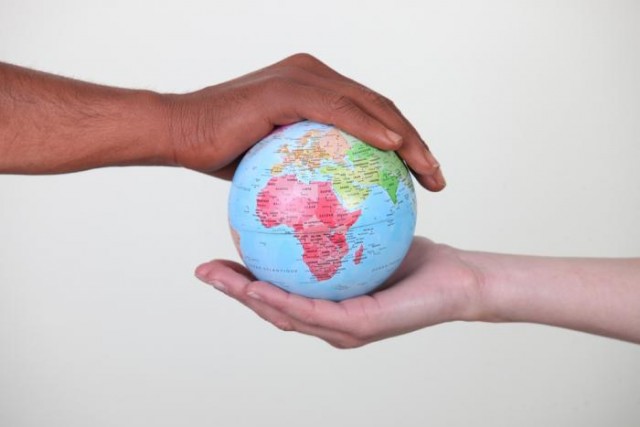International Day against Racism
By Irene Basson and Sherole Webster
The International Day for the Elimination of Racial Discrimination is observed annually on 21 March. On this day in 1960 South Africa, police opened fire and killed 69 people at a peaceful demonstration in Sharpeville against the apartheid pass laws. Proclaiming the day in 1966, the United Nations General Assembly called on the international community to redouble its efforts to eliminate all forms of racial discrimination.
In South Africa we have always celebrated Human Rights day on the 21st of March.
We recently witnessed the resurgence of incidents of racism, disguised as freedom of speech, with the universities struggling with fees issues. It is deeply concerning that after 22 years of democracy, we still struggle with issues of racism whenever political issues arise.
The South African Constitution, still acknowledged today as one of the best constitutions in the world aims to uphold numerous human rights. However, the reality of the South African climate is that many of these human rights have not come to fruition. The latter part of 2015 saw university students embark on a call to action, #FeesMustFall, as a direct response to the plight of thousands of students who are unable to afford the exorbitant fees required to obtain a tertiary education. Essentially, this uproar addresses the issue of education being considered a human right in the South African Bill of Rights. Section 29 of the Bill of Rights states, “Everyone has the right to:
- Basic education, including adult basic education; and
- Further education, which the government must make available and accessible.
The government must take steps, for example by passing laws that will help people who want further education.”[1]
Much like the struggle of 1960, students across the country have spoken out against their human right (as per the Constitution) being denied simply because they are unable to afford it. Frustrations have mounted across the South African landscape and it is at this point that the plight of hundreds of thousands of students is being tackled at all levels.
Two decades into the “Rainbow Nation” the country has faced issues of racism on a grand and very public scale as opposed to the whispers and hushed tones behind closed doors. Social media was set alight in the early parts of the year with the call for racism disguised as freedom of speech to be seen as a criminal offence with stricter laws. The unearthing of numerous racist remarks that left a long paper trail across social media platforms such as Facebook and Twitter resulted in some individuals losing their jobs and facing ridicule from peers.
As peace loving South Africans, it is important that we remain united in our diversity and committed to the ongoing transformation of our nation based on the ideals that so many that had come before us laid down their lives for. We should not be deterred by the Penny Sparrow’s of the world or the lack of financing. We should be resolute in our fight against the elements in life that do not help us prosper as a nation.
As we celebrate the international day against racism, we must recognise and appreciate the role of every South African in realising our aspiration of a common nationhood.
[1] As cited from, http://ossafrica.com/esst/index.php?title=Summary_of_the_Constitution_of_South_Africa%2C_no._108_of_1996#Section_2:_The_Constitution


